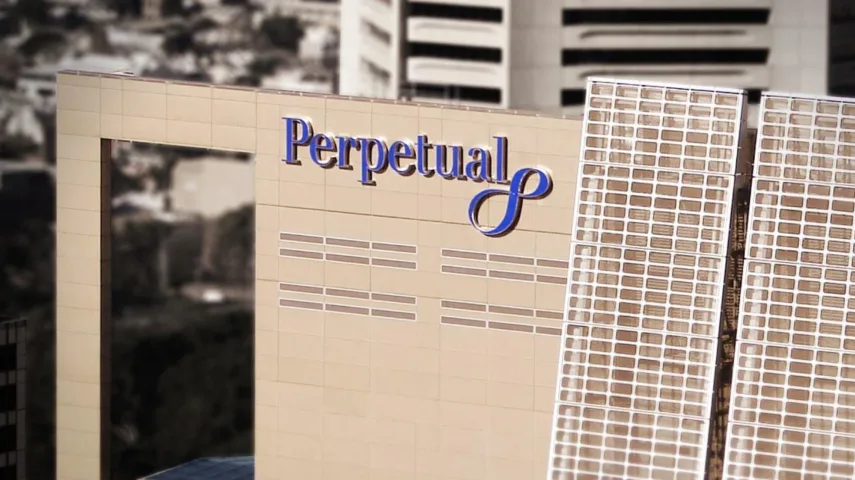Perpetual/KKR deal ruled ‘not in best interest of shareholders’



An independent expert has ruled the Perpetual deal with KKR is no longer in the best interest of shareholders in light of the increased tax liabilities.
Last week, it was announced that the Australian Taxation Office (ATO) had ascertained Perpetual’s primary tax liability could be as much as $488 million if the deal proceeded. Further additional penalties and interest could also cause this sum to rise by as much as a further 50 per cent, it said.
As a result, the previously announced advised range in respect of tax and duties rose dramatically from $106–227 million to $493–529 million.
This meant estimated cash proceeds to shareholders from the transaction if the scheme is implemented would reduce from $8.38–9.82 per share to $5.74–6.42 per share.
In an update on 17 December, the firm said with the “risk and magnitude” of these changes, an independent expert has ruled that the deal is now less attractive to shareholders.
“The independent expert has informed Perpetual that the risk and magnitude of the increased potential tax liabilities, if the transaction were to be implemented, mean that it would not be able to form an opinion that the scheme is in the best interest of shareholders.
“Perpetual and KKR are continuing to engage constructively in relation to the transaction.”
The deal was first announced in May that Perpetual would sell its corporate trust and wealth management business to KKR, leaving behind the asset management division.
It entered into a scheme of arrangement where KKR will buy its corporate trust and wealth management businesses for $2.1 billion. Perpetual will provide transitional services to KKR for 18 months post-completion, with the option to extend for a further 12 months, and after that date the corporate trust and wealth management businesses will operate as standalone, independent businesses.
Concerns had already been raised about the KKR deal as at the time of the firm’s full-year results in September, analysts questioned the tax liability and if the firm had contingency plans in place if the deal collapsed.
“What is the contingency planning if the scheme doesn’t get up? Since news of this transaction came up, the share price has come off quite a bit. Is there a point when the board or the new management would consider pulling the transaction, and how complicated would it be to untangle at this point?,” the analyst asked.
Recommended for you
GQG Partners has marked its fifth consecutive month of outflows as its AI concerns lead to fund underperformance but overall funds under management increased to US$166.1 billion.
Apostle Funds Management is actively pursuing further partnerships in Asia and Europe but finding a suitable manager is a “needle in a haystack”.
Nuveen has made its private real estate strategy available to Australian wholesale investors, democratising access to a typically institutional asset class.
VanEck is expanding its fixed income range with a new ETF this week to complement its existing subordinated debt strategy which has received $1 billion in inflows this year.












